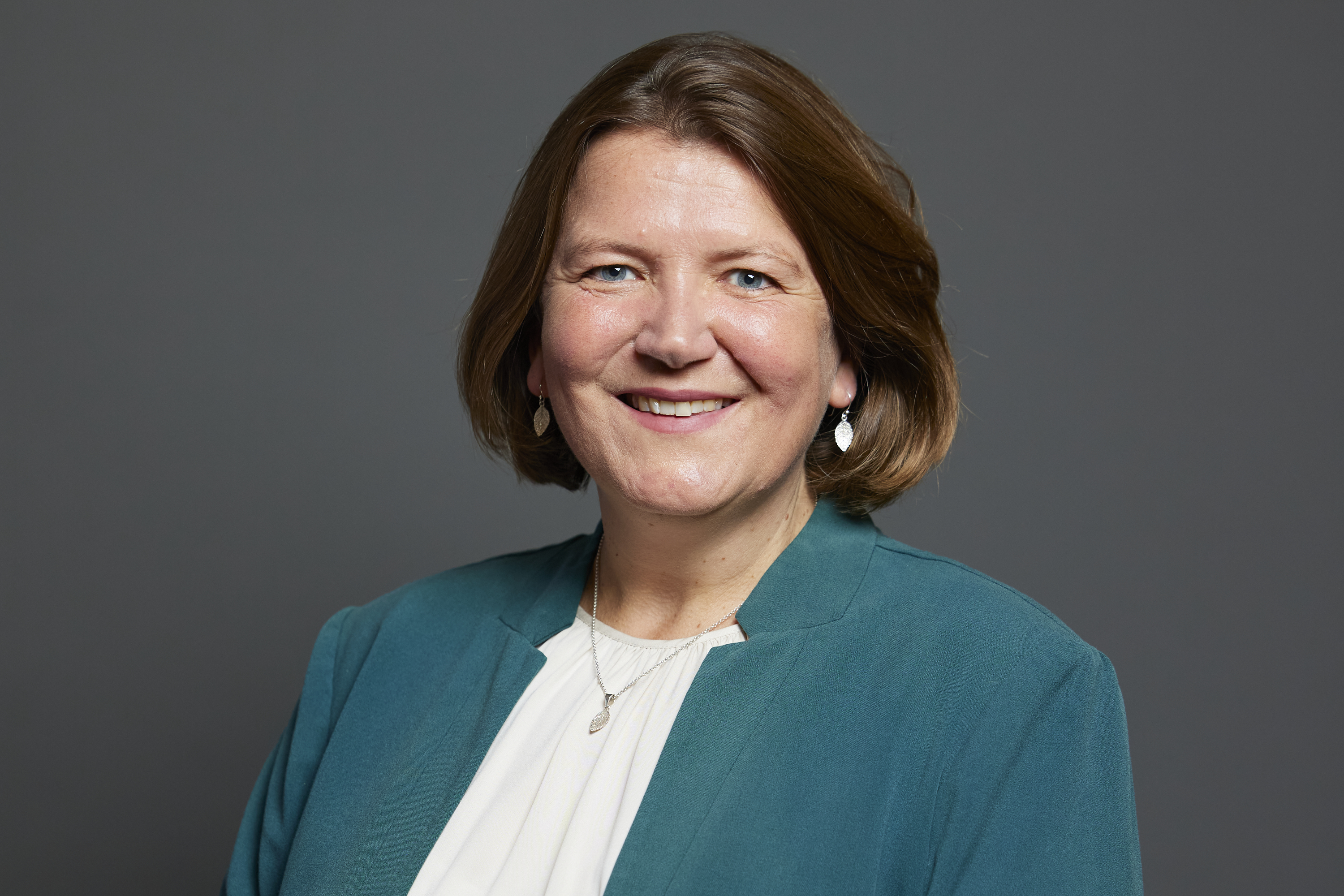Green Party MP Ellie Chowns is to donate more than a fifth of her annual salary to represent the North Herefordshire constituency to good causes.
Chowns, who was elected in July, says her MP’s salary of £91,346 is “a really large sum of money – more that I have ever earned before, and certainly more than I need”.
Instead, she will keep £2,000 a month from her salary after tax, which is equivalent to the national average salary of £35,000 and “use the rest to address poverty and inequality”.
This will see her donate £10,000 a year to GiveDirectly, which support disadvantaged families in East Africa through “unconditional cash transfers”.
“I think it’s one of the most effective ways possible to tackle poverty and inequality,” she said about this unconditional support for families.
“I also have a personal connection to East Africa, since I grew up partly in Kenya, and later worked in Uganda.”
Constituency Fund
She is also to invest £10,000 a year into a ‘constituency fund’ she has set up “to support local causes”.
Any charity or community interest company in North Herefordshire is able to apply for a maximum grant of £1,000 a year. Funding decisions will be made every three months from November each year.
In addition, she will donate £10,000 a year to the Green Party, to support its efforts to elect more MPs and councillors from the party.
Former MEP Chowns explains that she took a similar approach to her salary when she represented the West Midlands for the Green Party in Europe, by signing the ‘giving what we can’ pledge.
“I feel it’s important for me to live on an average income so that I can remain in touch with what life is like for ordinary people,” said Chowns, who does not do any other paid work.
She added that “my policy is to politely decline gifts – I feel this is the clearest, simplest approach”, in reference to recent gifting scandals that have dogged Conservative and Labour Party politicians, including Prime Minister Keir Starmer.
MPs' salary of £91,346 was set earlier this year and followed a decision by the Independent Parliamentary Standards Authority to give them a 5.5% pay rise, which was 1.5% more than inflation at that time.
Latest News
-
MPs call on the Government to improve its support for small charities
-
Nicola Sinclair: How strategic charity partnerships drive meaningful change
-
Burnout fears emerge for younger charity workers
-
Youth charity to adopt co-leadership model
-
Mahnoor Khan: Lessons from my first year in the charity sector
-
Charities should deploy AI ‘around real user needs’ not ‘internal assumptions’, says report
Charity Times video Q&A: In conversation with Hilda Hayo, CEO of Dementia UK
Charity Times editor, Lauren Weymouth, is joined by Dementia UK CEO, Hilda Hayo to discuss why the charity receives such high workplace satisfaction results, what a positive working culture looks like and the importance of lived experience among staff. The pair talk about challenges facing the charity, the impact felt by the pandemic and how it's striving to overcome obstacles and continue to be a highly impactful organisation for anybody affected by dementia.
Charity Times Awards 2023
Mitigating risk and reducing claims

The cost-of-living crisis is impacting charities in a number of ways, including the risks they take. Endsleigh Insurance’s* senior risk management consultant Scott Crichton joins Charity Times to discuss the ramifications of prioritising certain types of risk over others, the financial implications risk can have if not managed properly, and tips for charities to help manage those risks.
* Coming soon… Howden, the new name for Endsleigh.
* Coming soon… Howden, the new name for Endsleigh.
Better Society

© 2021 Perspective Publishing Privacy & Cookies














Recent Stories